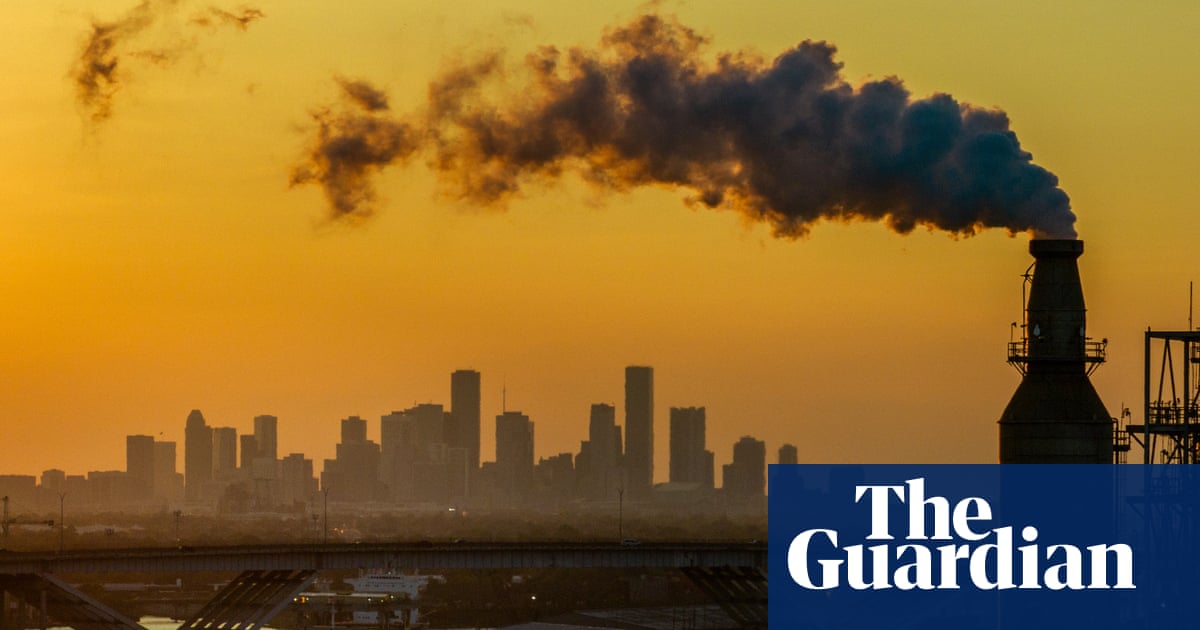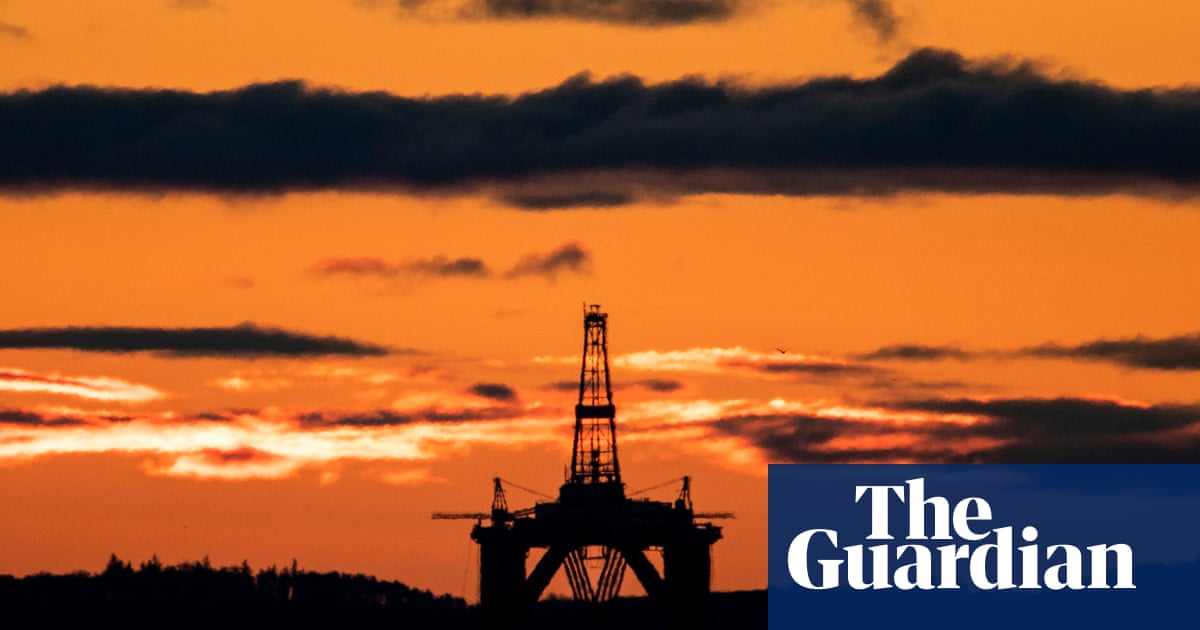
(Reuters) - The Biden administration is expected to announce a temporary suspension of new oil and gas leasing on U.S. federal lands and waters on Wednesday, and to order that nearly a third of federally run acreage is conserved over the next decade, three sources familiar with the matter said on Tuesday.
President Joe Biden will make the announcement as part of a second batch of executive orders aimed at combating climate change, a key policy effort of the newly sworn-in president that marks an about-face from his predecessor Donald Trump who sought to maximize the country’s oil, gas and coal output.
Biden had vowed to ban new federal oil and gas drilling during his campaign for the White House, and his Interior Department last week issued a 60-day suspension of routine drilling approvals pending a review of the program in what was widely viewed as a precursor to a more permanent ban.
The orders will impact large swathes of acreage onshore in mostly Western states, as well as offshore drilling acreage located mainly in the U.S. Gulf of Mexico. Tribal lands, which host significant reserves of oil and gas, were not included in the Interior Department order, and will not be included in Biden’s executive order either, according to the sources.
The sources pointed out that the upcoming order would affect leasing activities, and not permitting, raising the possibility that the government could resume providing drilling permits to those who picked up leases in a series of auctions held in the waning days of the Trump administration.
A White House spokesperson did not immediately respond to a request for comment.
Biden’s other climate-related executive orders on Wednesday will include beefing up the use of climate science in policy decisions and setting up an international summit on climate change for April, according to a memo seen by Reuters last week.
Biden will also sign executive orders aimed at protecting low-income and minority communities from pollution, directing some 40% of clean energy investments toward low-income neighborhoods, creating a climate change task force within the White House, and creating a climate change office within the Health and Human Services department, according to two sources familiar with the matter.
STATE AND INDUSTRY PUSHBACK
The push to end new federal drilling marks an easy target for the new administration: federal lands and waters produce roughly a quarter of the nation’s oil and gas, and also account for around a quarter of its greenhouse gas emissions.
But the effort will also cause financial and economic strain in states that rely heavily on revenues from the federal minerals leasing program, including Democrat-run New Mexico which received more than $2.5 billion in the last three years from drilling levies.
Business groups from major drilling states including Louisiana, New Mexico and Colorado said a leasing ban would do nothing to reduce oil demand - and therefore have no impact on global greenhouse gas emissions. It would also deprive states of revenue at a time when budgets are already depleted due to the coronavirus pandemic, they said.
“This additional economic impact will be devastating and it won’t further our shared goals of reducing carbon emissions,” Rob Black, Chief Executive of the New Mexico Chamber of Commerce, said on a call with reporters.
Advocates for the pause say the federal leasing system is in need of reforms to address its impact on climate change and ensure that taxpayers get fair returns.
“A pause on leasing, as the President committed to do, would give agencies a chance to fix this broken program,” said Chase Huntley, energy and climate director at the Wilderness Society.
Of the 26 million acres of federal lands under lease, about half are currently producing oil and gas, according to Bureau of Land Management data from fiscal year 2019.
The orders would follow a raft of climate-related executive actions that Biden signed shortly after his inauguration on Jan. 20, including rejoining the Paris climate agreement, canceling the presidential permit for the Keystone XL oil pipeline from Canada, and halting oil leases in the Arctic National Wildlife Refuge in Alaska.












